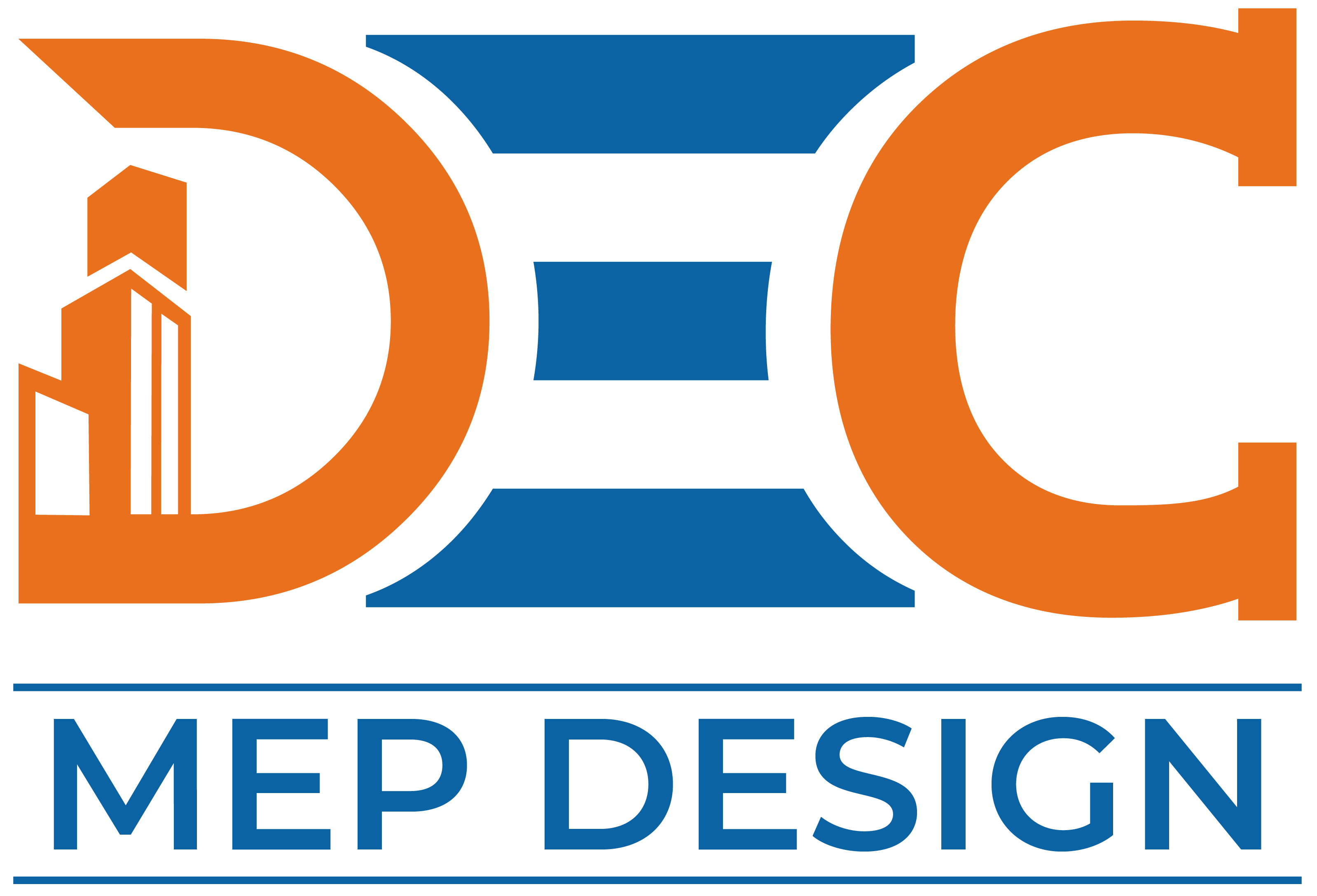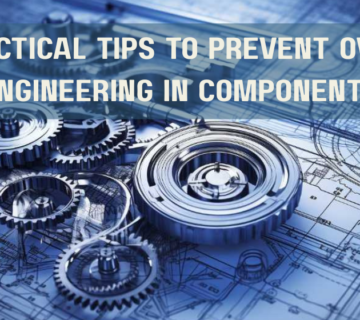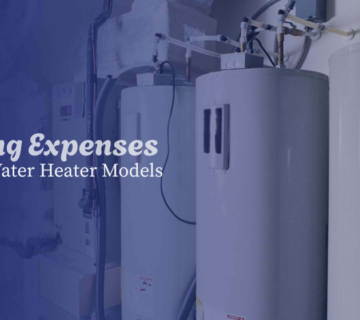Why You Should Call an Engineer When Signing a Restaurant Lease
Signing a risk of restaurant leases space is an exciting milestone, whether you’re opening a new restaurant or growing your culinary empire. However, it’s also a big financial and operational commitment. While real estate agents, attorneys, and architects are commonly called upon when signing a lease, an engineer is a commonly overlooked but important advisor. Having an engineer on your lease review team can protect you from expensive mistakes and secure the success of your restaurant. Here’s why having an engineer on board is not only a good idea—it’s a necessary one.
Structural Integrity Assessment
Restaurants tend to have special structural requirements. Commercial kitchens contain heavy equipment like ovens, fryers, and refrigerators. These machines need heavy floor systems that can support their weight without sacrificing safety or building integrity..
A structural engineer will evaluate the floor load capacity and other structural components to ensure they are adequate for your purpose. They may also analyze the area for future expansion, for instance, the addition of a rooftop patio or mezzanine, to determine if the structure is capable of holding these added features.
HVAC and Ventilation Systems
Adequate heating, ventilation, and air conditioning (HVAC) systems are vital for the risk of restaurant leases to maintain comfort and meet health regulations.
Engineers can evaluate the existing HVAC system to determine whether it is adequate for your operation or if upgrades are necessary. Proper ventilation is particularly critical for kitchens, as it directly affects indoor air quality, fire safety, and compliance with local codes. An engineer can also recognize inefficiencies within current systems, suggest energy-efficient replacements, and ensure compliance with environmental laws, saving you money on utility bills in the long term.
Electrical Load and Power Supply
Restaurants tend to have greater electrical requirements than standard commercial buildings because of heavy lighting, refrigeration, cooking appliances, and point-of-sale equipment. An engineer will analyze the electrical systems to ensure that they can handle your equipment reliably and safely. They can also note out-of-date wiring or a power supply deficiency, which might be safety hazards or result in unforeseen expense when renovating.
Plumbing and Water Systems
Restaurants have extensive reliance on kitchen, restroom, and sanitation plumbing. A plumber can check the current plumbing for proper water pressure, drainage, and health code compliance. They can also determine if the sewer and grease trap connections are adequate for a commercial kitchen. Waiting until a plumbing problem arises can result in costly repairs or fines from regulatory agencies later.
Fire Safety and Building Codes
Compliance with fire safety codes is not negotiable in the restaurant sector. Engineers are familiar with fire codes and can make sure the space has the required systems, including sprinklers, fire alarms, and emergency exits. If it does need upgrading, they can walk you through the process of designing and implementing to ensure code compliance within budget. Engineers can also evaluate the building’s overall compliance with local zoning and safety codes, avoiding potential delays or fines once you’re ready to open.
Space Utilization and Design Efficiency
An engineer collaborates with architects and interior designers to optimize the efficiency of your restaurant design. They take into account key considerations such as streamlined kitchen flow, energy-efficient lighting, and space-efficient seating solutions. Their expertise ensures your restaurant not only complies with safety regulations but also runs efficiently and cost-effectively.
Cost and Time Savings
Hiring an engineer at the lease evaluation stage will assist you in finding out possible issues prior to signing. Structural, electrical, or plumbing problems discovered after signing a lease or, worse, during remodeling, can be costly and cause delays. Anticipating and fixing these problems beforehand provides a smoother transition from lease signing to opening day.
Long-Term Value
One risk of restaurant leases is long-term commitment. By taking the advice of an engineer, you have a thorough knowledge of the space’s advantages and limitations. This information allows you to negotiate more favorable lease terms, including negotiating landlord contributions for upgrades that are required or negotiating longer timelines to renovate.
Conclusion
Opening a restaurant is a complex process, and a good lease is at the very foundation of its entire success. While attorneys and real estate agents ensure the legal and financial aspects of the deal are sound, engineers provide technical expertise to evaluate the functionality and safety of your restaurant space. This can help you avoid pricey mistakes, keep running it efficiently, and uphold strict regulatory standards.
Hiring an engineer before signing your restaurant lease is an investment in the future of your business. Their knowledge turns a potentially high-risk undertaking into an informed choice, enabling you to concentrate on doing what you do best—amazing customers with outstanding food and service.
We specialize in helping restaurant owners, franchisees, and developers make informed, strategic decisions before signing a lease. If you’re exploring a new location, upgrading an existing space, or need clarity on MEP systems, our experienced engineering team is here to help.
How to Involve an Engineer Before Signing a Restaurant Lease
- Identify Your Needs
List your operational requirements — kitchen size, HVAC needs, electrical load, plumbing, and seating capacity. This helps the engineer understand your business goals and technical needs.
- Engage a Licensed MEP Engineer Early
Hire a qualified MEP (Mechanical, Electrical, Plumbing) engineer before signing the lease. The earlier they’re involved, the more insights they can offer to influence your leasing decisions and negotiations.
- Schedule a Site Visit
The engineer will conduct a physical inspection to assess structural integrity, utilities, fire safety systems, and code compliance. This visit helps uncover hidden issues before committing.
- Review the Engineer’s Report
You’ll receive a detailed assessment highlighting existing conditions, limitations, potential upgrade costs, and code issues. Use this report to negotiate terms or request improvements from the landlord.
- Make an Informed Lease Decision
Armed with technical insights, determine if the space is suitable, what adjustments may be needed, and how it impacts your budget and timeline.
Frequently Asked Questions
While architects focus on layout and aesthetics, and contractors on construction execution, engineers specialize in the technical systems that keep your restaurant functional, safe, and code-compliant. Their role is distinct and essential.
Even if utilities are functional, that doesn’t guarantee they’re sufficient for restaurant operations. Engineers verify whether existing systems meet your restaurant’s specific demands and future growth plans.
Think of it as a small investment to avoid major future costs. Engineers can help you avoid unforeseen structural fixes, electrical upgrades, or code violations, ultimately saving you time and money.
Yes, experienced engineers are familiar with local codes and permitting processes. They can help design and prepare documentation that complies with municipal requirements, accelerating the approval timeline.
Depending on the complexity of the space, the evaluation typically takes 2–5 business days, followed by a detailed report. Quick assessments are possible if timing is tight.
Absolutely. If you plan to renovate or install new equipment, engineers ensure that your upgrades are feasible, cost-effective, and compliant with regulations.





No comment